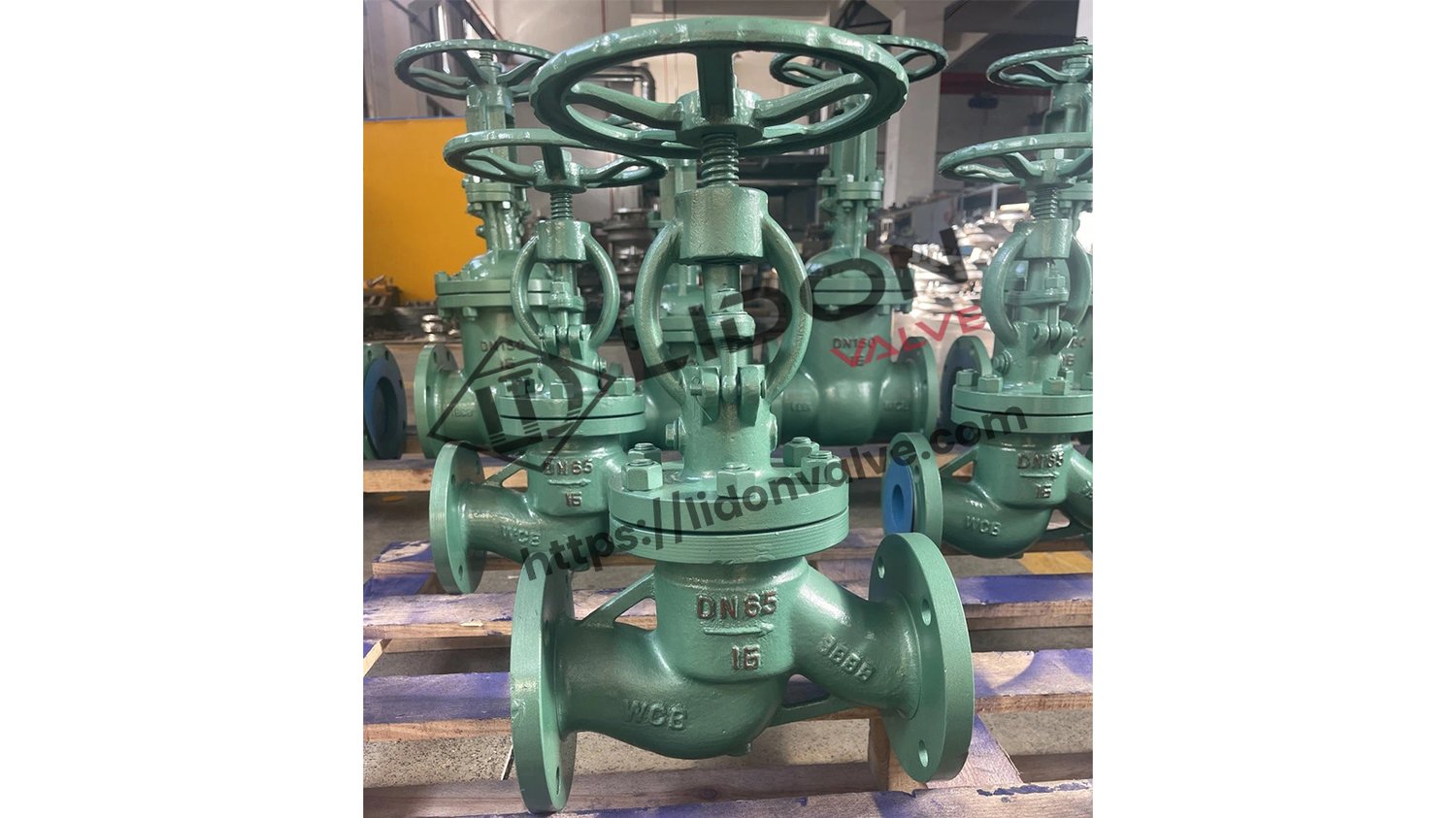The Importance of vacuum research gate valves in Scientific Research
When it comes to conducting experiments in a vacuum environment, one crucial piece of equipment that researchers heavily rely on is the vacuum research gate valve. This article aims to provide a comprehensive understanding of vacuum research gate valves, their functions, applications, and the different types available in the market. Whether you are a scientist, engineer, or simply curious about the world of scientific research, this article will shed light on this essential component of vacuum systems.
What is a Vacuum Research Gate Valve?
A vacuum research gate valve is a specialized valve designed to control the flow of gases or liquids in a vacuum system. It is primarily used to isolate different sections of the system, allowing researchers to manipulate and control the vacuum environment with precision. These valves are engineered to maintain a high level of vacuum integrity and prevent contamination or leakage during experiments.
The Functions and Working Principles of Vacuum Research Gate Valves
Vacuum research gate valves serve several important functions in scientific research. Firstly, they allow researchers to isolate different parts of a vacuum system, enabling them to introduce specific gases or substances into one section without affecting the rest. This is particularly crucial when conducting experiments that require the introduction of controlled variables.
The working principle of a vacuum research gate valve involves the use of a sliding gate mechanism. When the valve is closed, the gate blocks the flow of gas or liquid, ensuring a tight seal and maintaining the vacuum. When the valve is opened, the gate slides away, allowing the desired substance to flow through the system. The smooth operation of the gate ensures minimal turbulence and disturbance to the vacuum environment.
Applications of Vacuum Research Gate Valves
Vacuum research gate valves find applications in a wide range of scientific research fields. One of the primary applications is in the semiconductor industry, where these valves are used in the fabrication of microchips and other electronic components. The precise control they offer over the vacuum environment is crucial for ensuring the quality and reliability of the manufactured devices.
Furthermore, vacuum research gate valves are also employed in material science research, surface analysis, vacuum coating, and various other fields that require controlled vacuum conditions. Their ability to isolate different sections of a vacuum system makes them indispensable tools for researchers in these areas.
Types of Vacuum Research Gate Valves
There are several types of vacuum research gate valves available in the market, each designed for specific applications and operating conditions. One common type is the pneumatic gate valve, which utilizes compressed air or gas to actuate the gate mechanism. These valves are known for their quick response time and reliability.
Another type is the bellows-sealed gate valve, which incorporates a flexible metal bellows to provide a hermetic seal. This design is particularly effective in preventing leaks and maintaining vacuum integrity, even under extreme conditions.
Other variants include the electromagnetic gate valve, motorized gate valve, and manual gate valve. The choice of valve depends on factors such as the required level of automation, the nature of the experiment, and the specific needs of the research project.
Benefits of Using Vacuum Research Gate Valves
The use of vacuum research gate valves offers numerous benefits to researchers in scientific laboratories. Firstly, these valves provide precise control over the vacuum environment, allowing researchers to manipulate experimental conditions with accuracy. This control is essential for achieving reliable and repeatable results in scientific research.
Additionally, vacuum research gate valves ensure the integrity of the vacuum system by preventing contamination or leakage. This is crucial in experiments where the presence of even a small amount of foreign substances can have a significant impact on the results. The ability to isolate different sections of the system also enables researchers to save time and resources by conducting multiple experiments simultaneously.
Factors to Consider When Choosing a Vacuum Research Gate Valve
When selecting a vacuum research gate valve for a specific application, several factors need to be taken into consideration. One important factor is the material of construction. Valves made from stainless steel or other corrosion-resistant materials are preferred as they can withstand the harsh vacuum environment and resist chemical reactions.
The operating pressure range is another crucial consideration. Different valves have different pressure ratings, and selecting one that can handle the desired pressure range is essential for ensuring optimal performance and safety.
Other factors to consider include the size and dimensions of the valve, the actuation mechanism, and the compatibility with the vacuum system in which it will be installed. Consulting with experts or valve manufacturers can help in making an informed decision.
Maintenance and Care of Vacuum Research Gate Valves
To ensure the longevity and reliable performance of vacuum research gate valves, proper maintenance and care are essential. Regular inspection of the valve for any signs of wear or damage, such as leaks or corrosion, is recommended. Lubrication of moving parts, such as the gate mechanism, should be carried out as per the manufacturer's instructions.
It is also crucial to follow the recommended cleaning procedures to prevent contamination of the vacuum system. This may involve using specialized cleaning solvents or techniques that do not leave residues or introduce foreign particles into the system.
In Conclusion
Vacuum research gate valves play a critical role in scientific research, particularly in experiments conducted under vacuum conditions. Their ability to control and isolate different sections of a vacuum system provides researchers with the necessary tools to manipulate experimental conditions accurately. By understanding the functions, types, and applications of vacuum research gate valves, scientists can make informed decisions when selecting the right valve for their research projects.

